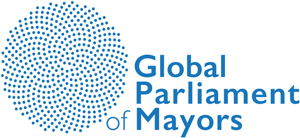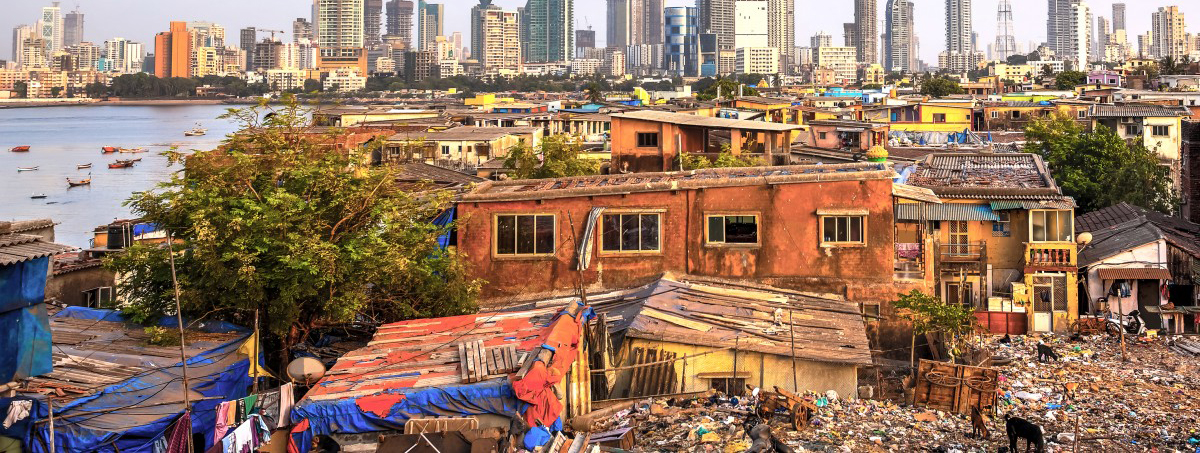24 June 2020 – Webinar “The impact of COVID-19 on the right to adequate housing: local government perspectives”, co-hosted by UN Special Rapporteur on the right to adequate housing, Mr. Balakrishnan Rajagopal, and the Global Parliament of Mayors.
SPEAKERS, PANELLISTS, & RESPONDENTS (IN ORDER OF PARTICIPATION):
Welcome
• Sheila Foster, Scott K. Ginsburg Professor of Urban Law and Policy, Georgetown University, CoChair of the GPM Advisory Committee (moderator)
• Peter Kurz, Lord Mayor of Mannheim (Germany), GPM Chair
• Natacha Foucard, Chief of the Sustainable Human Development Section, Special Procedures Branch, OHCHR Panellists
• Mr Balakrishnan Rajagopal, UN Special Rapporteur on the right to adequate housing
• Yvonne Aki-Sawyerr, Mayor of Freetown (Sierra Leone), GPM member
• Lorena Zárate, former President of Habitat International Coalition Participants/Respondents
• Christophe Lalande, Housing Lead Specialist, Land, Housing and Shelter Section, UN-Habitat, Nairobi, Kenya
• Julian Higson, Director for Housing and Landlord Services at Bristol City Council, UK
• Malusi Booi, Councillor and Mayoral Committee Member for Human Settlements at City of Cape Town, SA
• Mohanna Al-Kattan, Executive Director of Licenses, Greater Amman Municipality, Jordan
• Marisa Novara, Commissioner, Department of Housing, City of Chicago, USA
• Grace Mary Mugasa, Mayor of Hoima, Uganda, 2nd Vice Chair of the GPM Executive Committee
• Luca Montuori, Deputy Mayor for Urban Design, Rome City Council, Italy
SUMMARY WEBINAR CONTENT
The COVID-19 crisis has highlighted several inequalities prevalent across the globe, including wealth inequalities, racial bias, access to healthcare, and access to adequate housing. The pandemic has brought special attention to the right to adequate housing, a right recognized by the 1948 Universal Declaration of Human Rights, specifically to the fact that many people lack adequate housing. This webinar provided the opportunity to have a productive discussion on the different ways the issue of housing is being tackled by city leadership globally during the era of COVID-19, which, as of this writing 2 (2/7/20), is not over yet.
The OHCHR has identified local governments as key actors in ensuring the right to adequate housing. However, collaboration between local, regional, and national levels of government is sure to be a way forward. In recent weeks, the issue of racial discrimination against black people has been brought to the forefront by recent killings of African American citizens by white police officers. The statue of Edward Colston was thrown into Bristol Harbour during protests to address racial discrimination. COVID-19 has heightened racial tensions everywhere, bringing the legacy of slavery back into the spotlight, making racial discrimination a very relevant issue in the dialogue on adequate housing. Black people have been those in most urgent need of healthcare during this crisis.
The Special Rapporteur on the right to adequate housing, in introducing and inviting contributions to his forthcoming report, stated that it will focus on two key areas: i) the importance of safe and adequate housing, and ii) the several complaints around the world currently focussing on racism, discrimination, and evictions. The issue of housing has been formulated in several interesting ways, including in connection with other issues recognized by the U.N. Sustainable Development Goals (SDGs), such as the environment, employment, pollution, energy, water, and sanitation. The consensus is that the burden of the pandemic has fallen mostly on vulnerable persons: the homeless, girls, women, migrant labour, the disabled, black people, and the elderly. Especially pertinent are the issues of homelessness and informal settlements. A popular, largely successful, measure has been the freeing up of hotel rooms to accommodate the homeless during lockdown. The topic of informal settlements makes the link between housing outcomes and public health outcomes clear. It has been especially difficult for local governments to communicate quarantine and lockdown measures to inhabitants of informal settlements and to carry out essential testing. According to Mayor Aki-Sawyer, in many cases local government did not previously venture into informal settlements. This has made it difficult to implement key policies aimed at mitigating the spread of the virus. The crisis has been helpful in the way that it has meant local governments pay more attention to people who are usually neglected – inhabitants of informal settlements, inadequate housing, and the homeless.
Mrs Zárate helpfully formulated a divide into three broad categories for those in most need with regards to their housing situation: those living in the street with no housing, people with inadequate housing, and those running the risk of losing their housing because of mortgages or rent. The topic of evictions(both lawful and unlawful) has been vocalized on several occasions.
Mr Rajagopal stated that evictions have recently been on the rise around the world, taking many forms. Temporary moratoriums on evictions have been the chosen course of action for many cities. In Chicago, cash grants were awarded to those struggling to pay rent, with millions of dollars being allocated to ensure people can stay in their homes.
Mayor Aki-Sawyer identified the link between local government’s responsibility to the poor and their shortage of adequate resources as an area of study warranting attention. It seems that many local governments simply lack adequate resources to house the poor. Many cities across the globe face a large housing deficit, and the burden of this falls most gravely on the poor. This brings us onto another common theme expressed by Mayor Kurz and Lorena Zárate most notably and can surely act as a way forward in dealing with this issue: the importance of collaboration between local, regional, and national levels of governance. More than once the involvement of civil society organizations in contributing to the dialogue on housing was highlighted as key. Another trend has been the emergence of an increasing number of Public-Private-Partnerships (PPPs) seeking to address housing deficits by developing new property projects and financing them sustainably. 3 Truly relevant to this discussion is the current and possible future connection between the two issues of housing and the environment. This has already been seen brought into practice in the low-carbon footprint modular housing projects under development in the city of Bristol and can only be presumed to have good prospects in other cities around the world. The human rights approach to the COVID-19 pandemic is what has brought the right to adequate housing into the spotlight. This, in turn, has given new hope to the right to the city, an idea that has resonated with city dwellers in both global north and south. The right to adequate housing is very much linked to the right to the city, as full participation in a fulfilling city life is contingent on adequate housing.
Another approach, addressed by Lorena Zárate, was the perspective of optimizing land use, bearing in mind the important distinction between land ownership and land use. City leadership around the world needs to take decisive action to ensure they deliver on their responsibility to provide adequate housing for the poor and the most vulnerable, to protect their dignity, health, and safety. The emergence of public policies into the limelight has been a notable positive development, along with the new fire that has been brought to the debate about what adequate housing will look like in the future. The attention this dialogue has brought to the right to adequate housing promises to improve the standard of housing for many of those currently living in sub-standard housing over the coming years.
The key processes identified in this discussion that have, in some cases, been sped up by COVID are collaboration between: different UN bodies; local, regional, and national government; civil society organizations and different levels of government; public and private sectors; and mayors.
Download the summary in pdf here.

